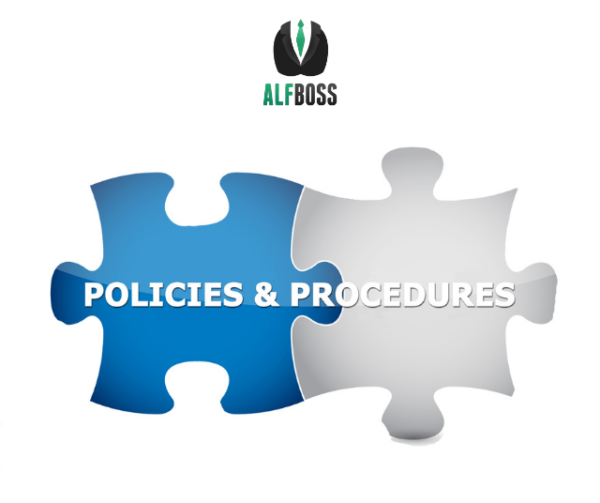
Having a thorough set of policies and procedures for how their facility operates can certainly keep them out of hot water in many different circumstances. Firstly, when you have a clear P&P for how things are supposed to go your staff will be much more prepared for their job which will ultimately lead to providing better care for residents. Having an understanding of expectations also leads to much happier and efficient employees who actually want to do their job. In addition to the benefits, your staff and residents will see from having P&Ps you can also guarantee the OHCF will require to see your policies on the regulations they are inspecting. For more information on what you need to develop in your policies and procedures check out the following regulation provided by Tennessee OHCF:
1200-08-25-.06 ADMINISTRATION.
1) Each ACLF shall meet the following staffing and procedural standards:
(b) Policies and Procedures:
- An ACLF shall have a written statement of policies and procedures outlining the facility’s responsibilities to its residents, any obligation residents have to the facility and methods by which residents may file grievances and complaints.
- An ACLF shall develop and implement an effective facility-wide performance improvement plan that addresses plans for improvement for self-identified deficiencies and documents the outcome of remedial action.
- An ACLF shall develop a written policy, plan, or procedure concerning a subject and adhere to its provisions whenever required to do so by these rules. A licensee that violates its own policy established as required by these rules and regulations also violates the rules and regulations establishing the requirement.
- An ACLF shall develop a written policy and procedure governing the smoking practices of residents.
(i) Residents of the facility are exempt from the smoking prohibition that otherwise applies to the ACLF.
(ii) Smoke from permissible smoking areas shall not infiltrate into areas where smoking is prohibited.
- An ACLF shall develop a concise statement of its charity care policies and shall post such a statement in a place accessible to the public.
(c) An ACLF shall keep a written up-to-date log of all residents that can be produced in the event of an emergency.
(d) An ACLF shall allow pets in the ACLF only when they are not a nuisance and do not pose a health hazard. Plans for pet management must be approved by the Department.
(e) No person associated with the licensee or ACLF shall act as a court-appointed guardian, trustee, or conservator for any resident of the ACLF or any of such resident’s property or funds, except as provided by rule 1200-08-25-.14(1)(i).
(f) An ACLF shall not retaliate against or, in any manner, discriminate against any person because of a complaint made in good faith and without malice to the Board, the Department, the Adult Protective Services, or the Comptroller of the State Treasury. An ACLF shall neither retaliate nor discriminate, because any person lawfully provides information to these authorities, cooperates with them, or is subpoenaed to testify at a hearing involving them.